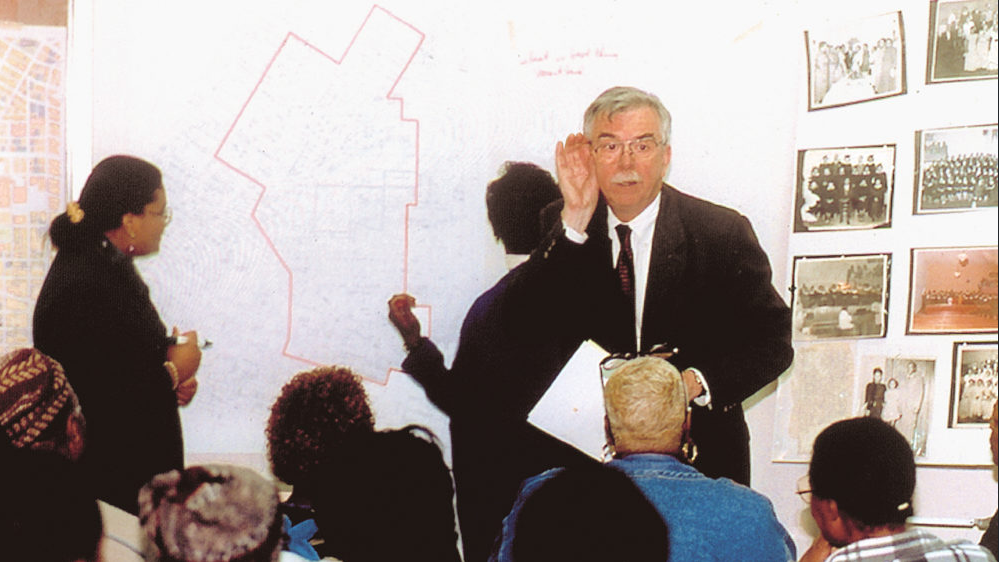Kids Need Neighbors
Image Credit: Rafaela Biazi
Parenting is humbling work. We love our children deeply, we discipline them, we coach them, we teach them, and we pray for them. We hope they turn out well, and know we will stand by them every time they fall or make bad choices. We cry with tears of joy when they succeed in what they were aiming for. Even then, when the sun goes down, a hard day can leave us with guilt and worry. Parenting is beautiful and costly.
In fact, parenting might be so beautiful and so costly that maybe we were never meant to carry it alone. You may need others to help support you in your parenting, but perhaps it is our children who need others even more. Your neighborhood can be a gift to children. Kids need neighbors.
Recent studies show that loneliness is a growing concern in children with one in ten children feeling significant loneliness. That means that hundreds or thousands of children in our cities experience loneliness in ways that negatively affect their health. There may be hope as further studies reveal that if loneliness is addressed early on in life, it can prevent a lifetime of isolation. We have the ability to change the course of a child’s life, simply by being alert and present.
Today it is common for families in my town of Chestermere, Alberta to live away from grandparents, cousins, aunts and uncles. Role models and familiar faces may not be close enough to come alongside children to encourage them and cheer them along. Neighbors have the potential to become the kind of family support network that children need. Kids need trusted people in their lives who live in proximity who know their name, know their birthday, care about their family, and are ready in standby mode if something difficult comes up. Children who know their neighbors are less likely to suffer from loneliness and there is ample evidence that this makes kids more resilient, healthier, and able to step into their own life with hope and confidence.
“Neighborism” is about setting up our lives, values, and calendars in a way that includes those around us. It believes that people who live close by can become valuable, meaningful, and even essential to the health and wellbeing of our families. It takes time to nurture trusted neighborhood relationships. Yet in every neighborhood there are dozens of amazing people who are the kind of people your children need in their lives.
Today in my neighborhood there are families who I trust, know, and love. There are people who are like grandparents to my daughters. There are people that we are grateful for who welcome our children and patch up scraped knees. There are kids who stop by and ask about how our daughters are doing and wonder if they can join in their fun. It takes time, but I am starting to see that I am not alone as a parent. There are neighbors close by who care and will help my daughters become healthy, loving, and giving people.
Kids need neighbors in their lives because one day we hope that they will be loving neighbors, too. As we model neighborism in our homes, not only do we find support as parents, but our children discover a community of care and trust that will shape them for a lifetime.
Editor’s Note: Kids need neighborhoods. Not only that, neighborhoods need kids! Here are a few Strong Towns articles about how keeping the youngest community members in mind will help us build stronger, more resilient places for all:
“Want to Start a Local Revolution? Ask a Kid This Question,” by John Pattison
“3 Urban Planning Lessons from the New Mister Rogers Movie,” by Rachel Quednau
“5 Perspectives on Building Cities Where Kids (and Parents) Can Thrive,” by Rachel Quednau
“To build a strong town, get the kids involved,” by Jonathan Holth
“What would a city for children with Down Syndrome look like?” by Rachel Quednau
About the Author
Dr. Preston Pouteaux is a beekeeper, neighborhood enthusiast and pastor at Lake Ridge Community Church. He is an engaging speaker, writer, and curator of conversations about faith and neighbourhoods. He studied at Covenant Bible College, Briercrest College, Regent College, Tyndale Seminary, and Jerusalem University College in Israel. He is the author of Imago Dei to Missio Dei [VantagePoint3] and the award-winning author of The Bees of Rainbow Falls: Finding Faith, Imagination, and Delight in Your Neighbourhood [Urban Loft Publishers]. Since 2015 his column, Into the Neighbourhood, has been printed over two millions times in weekly newspapers. Preston lives in Chestermere, Alberta, with his wife Kelly, their daughters Scotia and Ivy, and a few thousand honeybees. You can connect with Preston on Twitter and on his website.





As working from home grows in popularity, where does that leave downtowns that have prioritized their land for office space—and what does this all say about how we should think about neighborhood design?